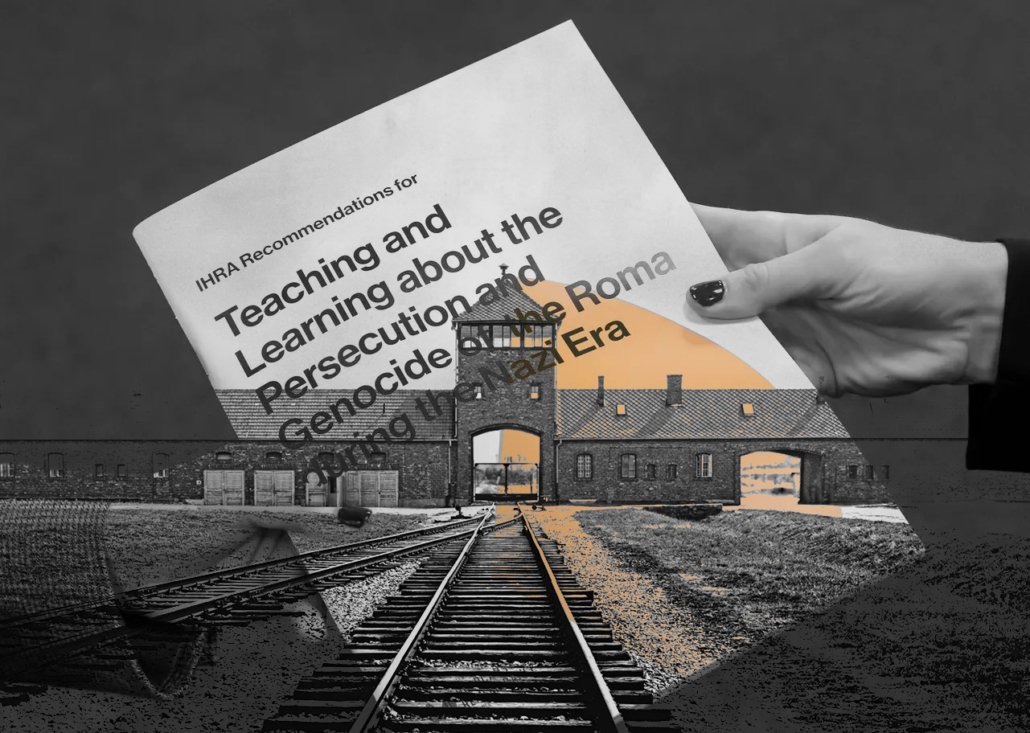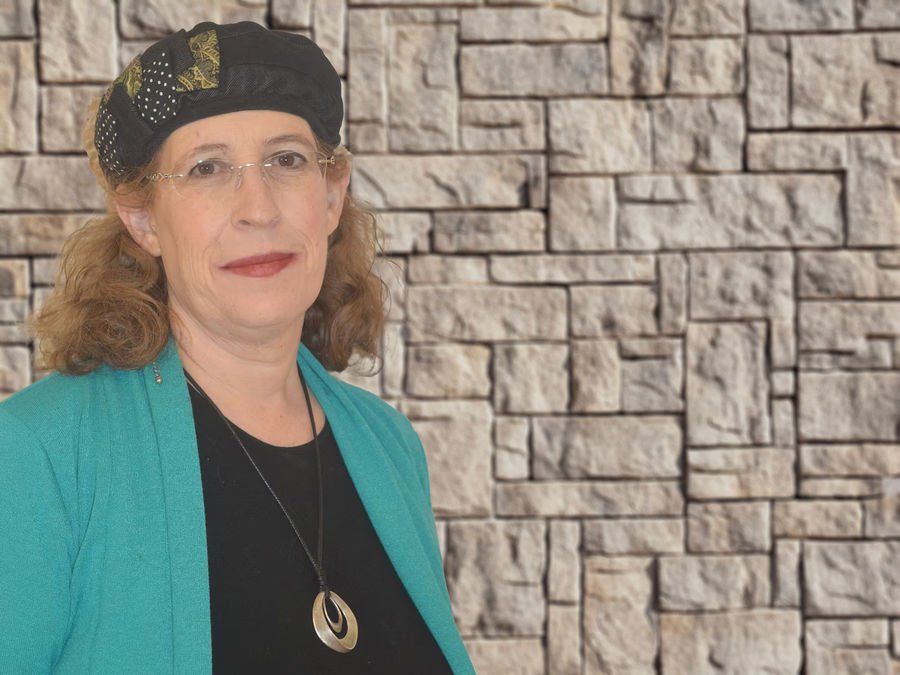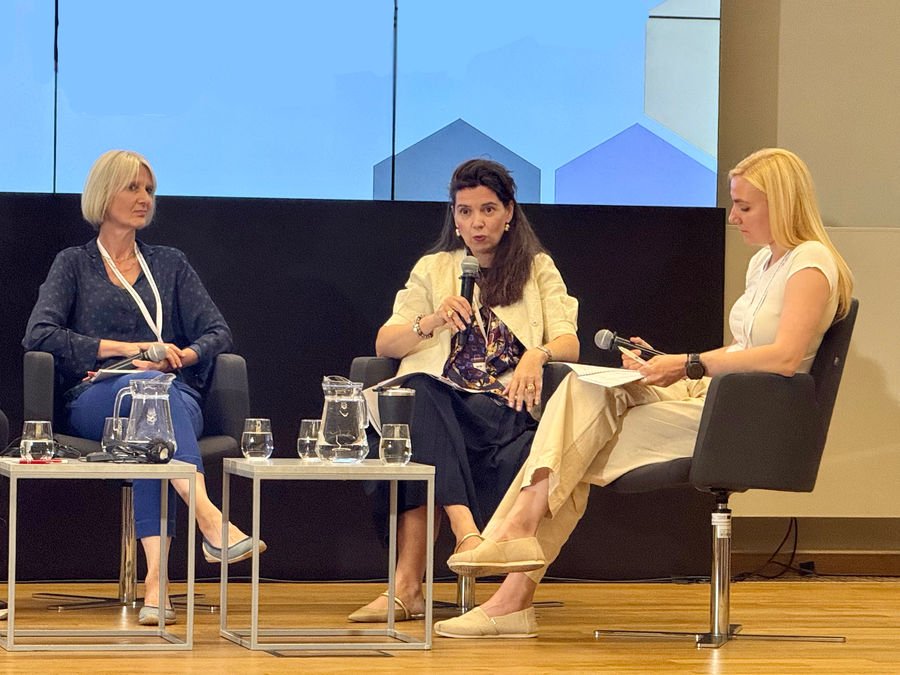Seminars for Memory Culture Actors with Guests from Yad Vashem
20. October 21st, Belgrade

Two Unique Seminars
In cooperation with the presidency of the International Holocaust Remembrance Alliance IHRA, Terraforming organizes two focused seminars for professionals that deal with shaping education, memory culture, and public programs in Serbia. We will soon publish detailed programs for both seminars.
The number of places is limited 👉 Register via Google Forms for one or both seminars:
October 20, 2025, 13:00–17:00
University Library “Svetozar Marković”, Belgrade
Teaching and learning about the Holocaust and about the persecution and genocide of the Roma according to the IHRA Recommendations
English-Serbian-English simultaneous interpretation with headphones is provided at the seminar on Oct 20.
October 21, 2025, 14:00–17:00
Memorial Center “Staro Sajmište”, Belgrade
The Future of Digital Holocaust Remembrance: Challenges and Opportunities
The seminar on October 21 is conducted in English.
At the seminar, we will cover the following topics:
- IHRA Recommendations on Teaching and Learning about the Holocaust – overview of key principles, pedagogical approaches, and how to adapt them to schools, museums, libraries, and archives.
- IHRA Recommendations on Teaching and Learning about the Persecution and Genocide of the Roma – guidelines for responsible and inclusive teaching on a topic that is often neglected.
- Inclusive memory culture – youth perspectives – how to include young voices in creating memory and education programs.
- “Crossroads of Generations” – understanding the transmission of memory across generations and what it means for contemporary educational and museum practices.
- Presentation of new teaching materials – “Memory Box – Ball in the Snow” (Holocaust in Novi Sad) and the ABC of Antisemitism handbook: objectives, structure, ways of application in the classroom and public programs.
- Panel discussion: contemporary antisemitism and Holocaust education after October 7 – challenges, responses, and concrete recommendations for teachers and institutions.
- Conclusions – a brief look into the future of memory culture and Holocaust education in Serbia, with an emphasis on practical steps and cooperation.
At the seminar, we will cover the following topics:
- “Digital” in Holocaust memory culture: where do we go from here? – mapping key trends, ethical issues, and opportunities for responsible use of digital tools in museum-archival and educational practice.
- IHRA Recommendations on Teaching and Learning about the Holocaust (digital focus) – how to apply the recommendations in the context of digital collections, virtual exhibitions, online courses, and hybrid learning models.
- Good practices and experiences – application examples: digital collections and teaching materials about the Holocaust (design, methodology, and integration into teaching and public programs).
- “Crossroads of Generations” (digital memory) – how generational transmission of memory works in the digital environment and what it means for museums, archives, and schools.
- Panel discussion: digital future of memory culture and Holocaust education – main challenges (data integrity, contextualization, misinformation) and concrete opportunities (open access, collaboration, participatory platforms), with practical recommendations for institutions and teachers.
Our Guests from Yad Vashem
Dr. Yael Richler-Friedman
Lea Garyfallia Micha speaking at a conference at the Auschwitz-Birkenau Museum in Poland.
Dr. Yael Richler-Friedman
Pedagogical Director of the International School for Holocaust Studies at Yad Vashem, where she oversees global teacher training programs and curriculum development for educators. She is a member of the Israeli delegation to the International Holocaust Remembrance Alliance (IHRA). In the spring, she will assume the chairmanship of the IHRA Education Working Group, while currently co-leading the project to update and enhance the existing IHRA Recommendations on Holocaust Learning and Teaching.
Lea Garyfallia Micha
Head of the Central, Eastern, and Balkan Europe Sector in the Department of Education and Training Abroad at the International School at Yad Vashem, directly responsible for training programs for personnel from Serbia. Lea has an overview of best practices and guidelines for cooperation with institutions in Serbia.
Who are the Seminars Intended For
- Teachers, educators, and other multipliers,
- Young researchers from various disciplines (future generation of Holocaust researchers),
- Civil society actors, Jewish and Roma organizations.
- Decision-makers responsible for culture and education at city and municipal levels,
- Directors, sector managers, and team leaders for education and public programs in museums, libraries, and archives,
- Institutions for professional development of teachers, museum workers, archivists, and other memory culture actors,
- Relevant representatives of the Ministry of Education, Ministry of Culture, and other departments,
- Members of the IHRA delegation of the Republic of Serbia and their teams.
Register today – the number of places is limited!
Why It’s Important for You to Attend
- Top international experts will introduce you to IHRA Recommendations and practical approaches to learning and teaching about the Holocaust and about the persecution and genocide of Roma — with an emphasis on how to adapt them to your institutions, programs, curricula, and local contexts.
- You will receive concrete tools, handbooks, and examples of teaching and public programs (such as Memory Box – Ball in the Snow, ABC of Antisemitism, and others) that are applicable in schools, museums, libraries, archives, and in other contexts of educational, commemorative, and other social engagement.
- We will consider together the challenges and opportunities in the digital sphere of Holocaust memorialization: how to responsibly use digital collections, materials, and new technologies in education and memory culture.
- We will discuss contemporary antisemitism, antigypsyism, and the connection between past and present, with an emphasis on the role of local actors in recognizing, exposing, and combating hate narratives and distortion and misuse of history.







